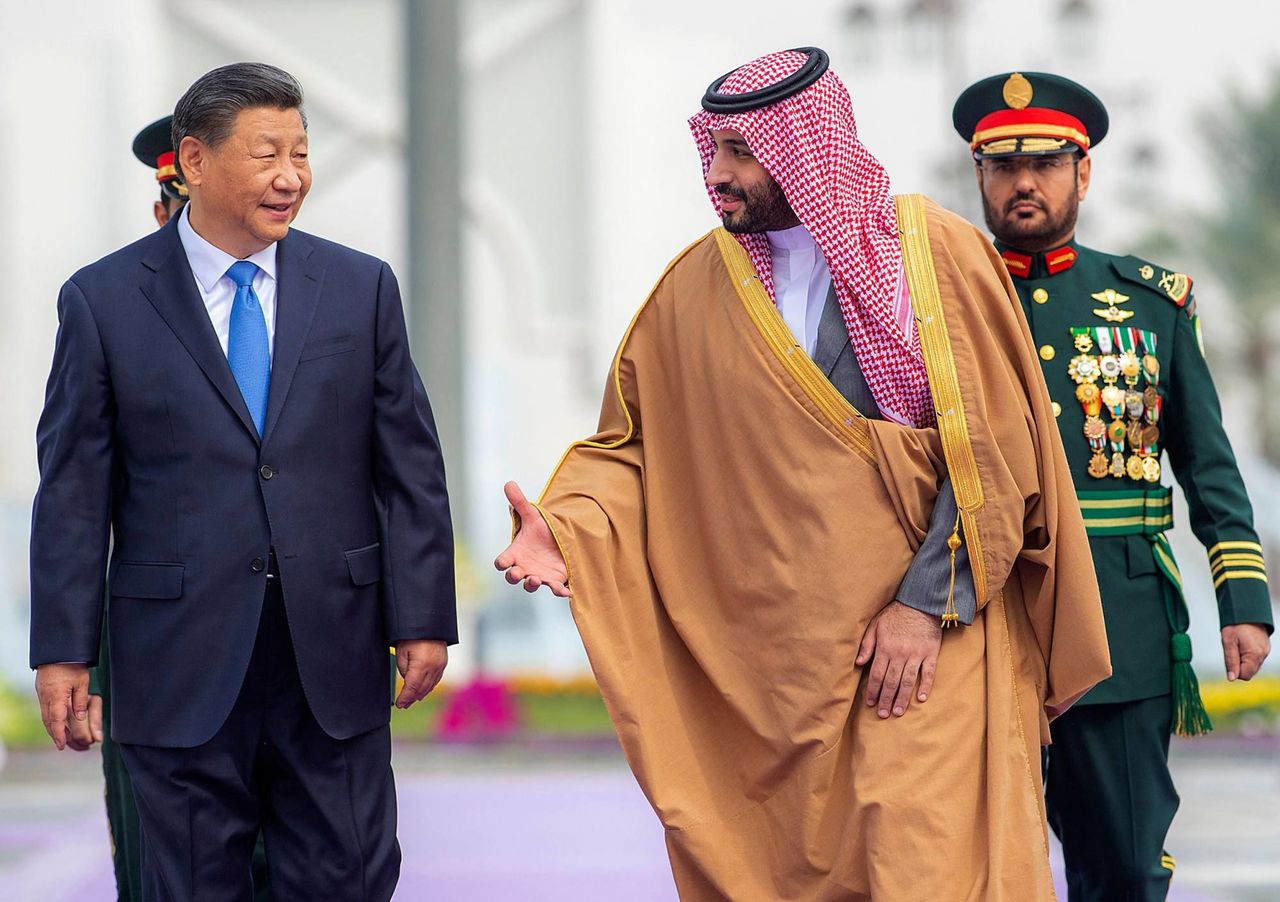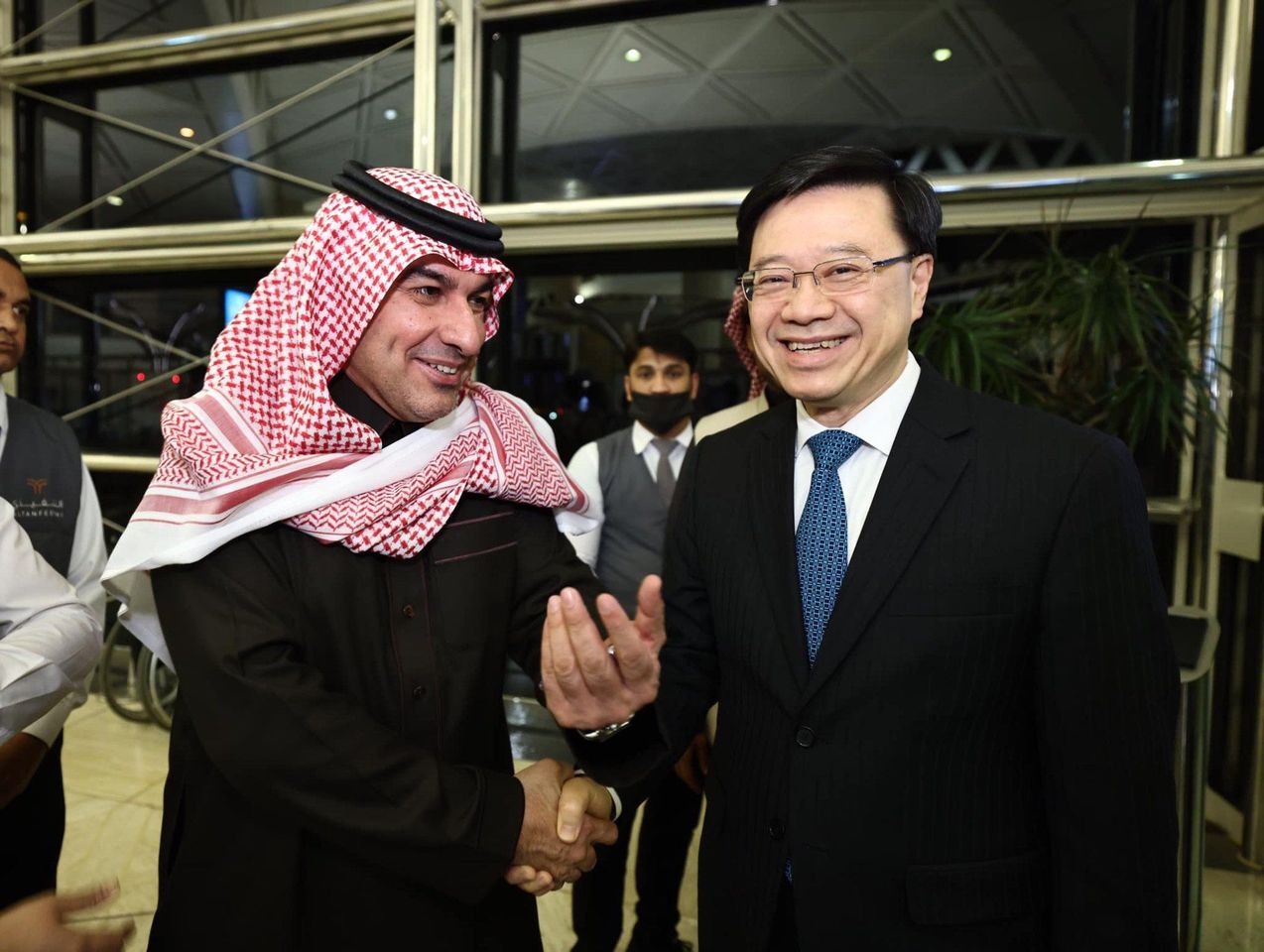Hong Kong News

How Hong Kong can find its role as China and the Middle East draw closer
President Xi Jinping’s visit to Saudi Arabia last December, when he attended the first China-Arab States Summit, reshaped Arab-Sino relations. But is this foundation solid enough to hold the aspirations of both sides and what are the obstacles to overcome?
Both sides want to upgrade bilateral relations for different reasons. The Arabs are dealing with the United States moving out of the region, creating a vacuum that other powers – in particular regional ones – are trying to fill. The Arab people are stepping up to take their destiny into their own hands.
China, meanwhile, faced with the reality that its honeymoon with the Western world is over, needs to ensure that its role as the world’s leading developing country is stable. It cannot afford to have anti-China sentiments develop in traditionally China-friendly regions.
Arab countries are good old friends to China, but despite this friendly heritage, the relationship is a long way from its full potential.
In past decades, both sides have been focused elsewhere, but new global geostrategic developments are a catalysing force, pushing them to forge a closer relationship with each other. Like two old friends rediscovering each other, close attention will be required for this bond to succeed.
It is true the Arabs seek to engage strategically with Beijing, but Beijing should not mistake this interest as the Middle East choosing their side in the US-China confrontation. The Arabs’ decision to collaborate with Beijing now reveals an element of anger towards Washington and its policies towards their region. Beijing should take advantage of this window of opportunity to build strong roots in the region, and from more than just an energy viewpoint.
 Chinese President Xi Jinping is welcomed by Saudi Crown Prince Mohammed bin Salman in Riyadh on December 8.
Chinese President Xi Jinping is welcomed by Saudi Crown Prince Mohammed bin Salman in Riyadh on December 8. A new generation of Arab leaders are taking their positions, administrators who have not necessarily inherited the thinking and ideology of their predecessors. Good impressions were made in meeting the region’s new young leadership, forward-thinking people who have received a good education and speak multiple languages.
Oil prices are likely to stay high for now, which will help in the region’s transformation from primarily a fossil energy producer to become one of the world’s main bankers and investors. This, in turn, will boost the region’s bold adoption of futuristic industries such as Web3 and cryptocurrency-related mandates.
The Russia-Ukraine crisis means that Middle East and North Africa region has become the only optional energy source for Europe to replace Russia, hence stability there is a priority. Above all, the region’s people are tired of politics and eager to catch up with the modern world.
This positive movement is translating into the quality and quantity of the global events the region is hosting. Besides the Expo in Dubai, the COP27 UN climate change conference in Egypt, the coming COP28 in the United Arab Emirates, and the Qatar World Cup, Saudi Arabia will host the 2029 Asian Winter Olympics in its deserts. There will be formula racing in Gulf countries, and football star Cristiano Ronaldo has chosen to play for a club in Saudi Arabia when just a few years ago, China would have been a more obvious destination.
 A billboard in Cairo, Egypt, showing Cristiano Ronaldo wearing a shirt
of the Saudi Arabian club Al-Nassr is displayed on January 9.
A billboard in Cairo, Egypt, showing Cristiano Ronaldo wearing a shirt
of the Saudi Arabian club Al-Nassr is displayed on January 9.
China – for historical reasons, including a lack of interest – is the only global power with a very limited knowledge of the region, when its competitors are very well-acquainted with the region.
The strategic engagement both parties seek requires decision-makers to develop a strong personal understanding. This will be tough.
China’s political system prevents officials from showing their personal side, when Arab leaders are used to more personal ties which give them the confidence and support needed to navigate the relationship towards strategic levels. It is most important that business elites build relationships and form the same bonds that both parties have with the West.
Hong Kong Chief Executive John Lee Ka-chiu’s visit to Saudi Arabia recently will be assessed for results. Hong Kong is seen as China’s most internationally diversified son, but not its strongest. This impression is not enticing for Arab decision-makers, who can deal directly with Beijing, Shanghai or Shenzhen if they want to, without having Hong Kong play the middleman in the relationships they want to build with China.
Traditionally, Hong Kong is well-connected with the Western world, rather than with developing countries; now, the government and Hong Kong business leaders need to obtain the know-how to build the structure and platforms needed to do business with the Middle East and North Africa region.
 Badr AlBadr, Saudi Arabia’s deputy investment minister, welcomes Hong
Kong Chief Executive John Lee during his visit. Lee also met Aramco’s
top executives to highlight what Hong Kong had to offer as a financial
centre and an asset and risk management hub.
Badr AlBadr, Saudi Arabia’s deputy investment minister, welcomes Hong
Kong Chief Executive John Lee during his visit. Lee also met Aramco’s
top executives to highlight what Hong Kong had to offer as a financial
centre and an asset and risk management hub.
Hong Kong is a hub for global business, has dealt with the Western world for a long time, and has the trust of the mainland business community. This formula can be used to create a service offered not only to the Arab world but also to emerging markets, where most of the next decade’s economic growth will come from.
Hong Kong could and should strive to become a platform that Chinese corporations will trust to navigate their investments in the Arab world, and in so doing will complete the second half of the equation and attract Arab money to Hong Kong and the motherland.
Today, East Asian countries are the biggest trading partners of their western Asian brothers. The centre of gravity of global power is shifting steadily back to Asia, and Hong Kong is in an excellent position to reinvent itself as a catalyst of change, and become the champion of this movement.











